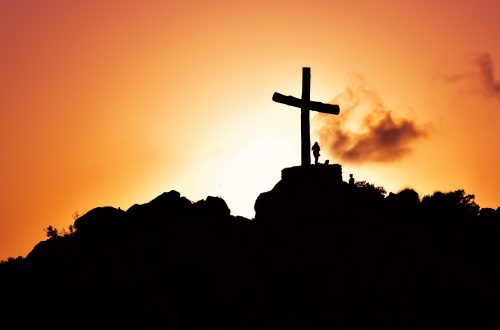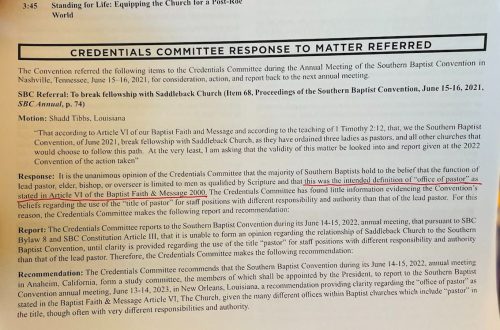 I just received the latest issue of Touchstone magazine in the mail yesterday. You won’t want to miss Donald T. Williams’ article, “Writers Cramped,” in which he outlines three things that evangelical authors can learn from Flannery O’Connor.
I just received the latest issue of Touchstone magazine in the mail yesterday. You won’t want to miss Donald T. Williams’ article, “Writers Cramped,” in which he outlines three things that evangelical authors can learn from Flannery O’Connor.
The opening of the article sets up and asks a penetrating question:
My fellow Evangelicals publish reams upon reams of prose. What we have not tended to write is anything recognized as having literary value by the literary world. What makes this failure remarkable is that our Protestant forebears include a number of people who did: Philip Sidney, Edmund Spenser, George Herbert, John Milton, and John Bunyan, to mention a few.
Equally remarkable is the host of near contemporary conservative Christians—sometimes quite evangelical and even evangelistic, though not “Evangelicals”—who were also important writers. G. K. Chesterton, C. S. Lewis, J. R. R. Tolkien, T. S. Eliot, Graham Greene, Aleksander Solzhenitsyn, Walker Percy, and Flannery O’Connor are all recognized as important literary figures even by people who do not share their Christian commitment.
Where is the contemporary American Evangelical who can make such a claim?
I think this is an important question, one that reveals that evangelicals just might have something to learn from a Catholic novelist. Be sure to read the rest of this one:




One Comment
Mason Beecroft
Denny,
I enjoyed that article as well. Touchstone is a must read.
Walker Percy has a couple of interesting essays that argue Christians are the best writers because of their theology. The themes of fall, sin, struggle, redemption, incarnation, sacrament make for the finest fiction writing. They speak to the human condition in all of its complexity and tragedy. He says that this is the reason that there are no good Buddhist, Hindu, or Eastern writers as they do not understand the predicament of humanity and are incapable of speaking to it. Even those western writers who reject the faith are still formed by an understanding of history and life that moves toward something (from their denial of a Christian teleology). The existentialists and nihilists write in rejection of such a worldview, which indicates their formation by it. If Percy is correct, then poor writing among Christian traditions might be linked to weak areas of their theology (anthropology/hamartiology/soteriology/eschatology, etc.).
I would further suggest that there is a reason the best writers come from sacramental traditions.
+Mason